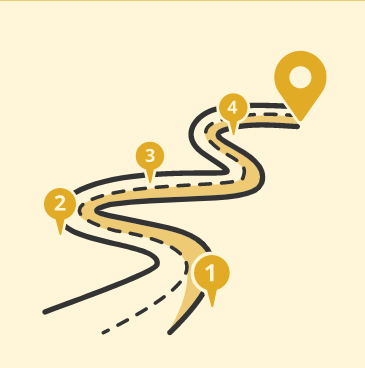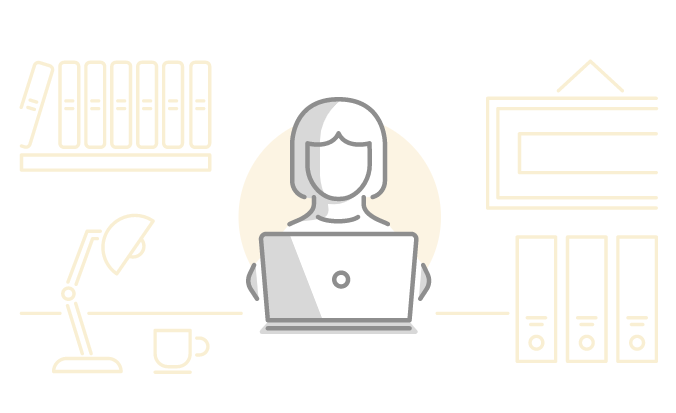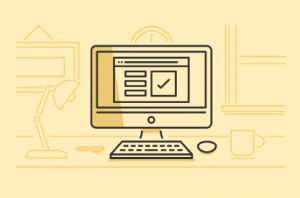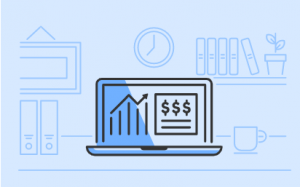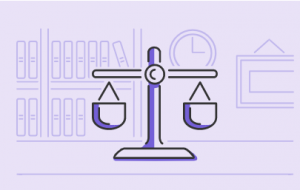
Whether you’ve just started out or been running your business for years, business planning can be the key to your success. Having a business plan:
- can help you prioritise – it gives your business direction, defines your objectives, maps out strategies to achieve your goals and helps you to manage possible bumps in the road
- gives you control over your business – the planning process helps you learn about the different forces and factors that may affect your success. If you’re already in business, it helps you to step back and look at what’s working and what you can improve on
- is vital to help you get finance – if you’re seeking finance for your business, you’ll need to show banks and investors why they should invest in your business
Before you write your business plan
Before writing your business plan, honestly evaluate yourself and decide if your business idea has a good chance of success. Analysis can help you anticipate any challenges you may face and help you overcome them. It can also help you set the goals for your business in your business plan.
Things to consider before writing your business plan:
- Analyse your business idea – Is your business idea viable? Is there a market for your proposed product or service? Is your business idea worth investing your time and money into?
- Analyse yourself – Are you ready to venture into business? Do you have what it takes to be an entrepreneur? Do you have the skills needed to run your business successfully? Are you ready to put in the hard work?
Does your business plan have more than one purpose? Will you use it internally, or will you involve external parties, such as an investor or bank?
Deciding what your purpose is, can help you develop your plan for the right audience. If the plan has been developed for third parties, you will need to determine what they’ll be most interested in. Don’t assume they’re just interested in the financial part of your business. They’ll be looking at the whole package.
You’ll need to make quite a few decisions about your business including its structure, marketing strategies and finances before you can complete your plan. Research can help you develop goals and targets, as well as a better understanding of where your business should be heading. It’s important to make sure your research is up-to-date and accurate before presenting to lenders or investors as market conditions can change over time.
Lenders and investors need to know your finances are in order and your business is in a strong financial position. Both lenders and investors will want to know how much money you currently have, how much money you need and how much you expect to make in the near future. While a bit of extra funding will help you ensure you’re covered for unexpected costs, be realistic and avoid asking for more than you need.
Summarise the main points of your business plan using as few words as possible. You want to get to the point but not overlook important facts. This is also your opportunity to sell yourself, but don’t overdo it. The summary should include details about your business, market, goals, current financial position, how much finance you’re seeking and what it will achieve.
Don’t leave your business plan to the last minute. It takes time, research and careful preparation to develop an impressive plan that can sway investors and lenders.
If you aren’t confident in completing the plan yourself, you can enlist the help of a professional to look through your plan and provide advice.
There are a number of government services available to help you plan, start or grow your business. These services can provide general advice, workshops, seminars and networking events, and can even match you with a mentor or business coach.
Review your plan regularly. As your business changes many of the strategies in your plan will need to change to ensure your business is still heading in the right direction. Having your plan up to date can keep you focused on where you are heading.
It’s a good idea to keep a record of each version of your business plan as they may contain some important historical information as well as your intellectual property.
Having an understanding with third parties when distributing a plan could be enough protection for some businesses. However, others who have innovative business practices or products or services may wish for each person to sign a confidentiality agreement to protect their innovations.
It may also be a good idea to include some words in your plan asking the reader not to disclose the details of your plan.
Business plan template
Our business plan template and guide provides a roadmap for your business’s future. It can help you start your business and manage your future goals.


